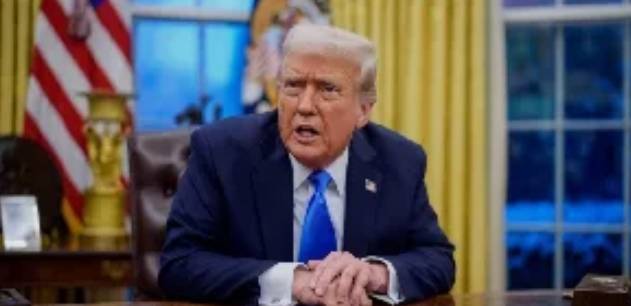On April 2, 2025, U.S. President Donald Trump announced a series of new tariffs, unveiling a universal 10% tariff on all imported goods that is set to take effect on April 5. This sweeping move signals a shift in trade policy aimed at protecting American industries and reshaping global trade dynamics.
In addition to the blanket tariff, the administration has introduced higher "reciprocal tariffs" targeting specific countries that have engaged in trade practices deemed unfavorable by the U.S. For example, Lesotho is facing a staggering 50% tariff, while Madagascar will be subjected to a 47% tariff, and Botswana will see a 37% tariff imposed on its exports to the U.S. President Trump framed this initiative as a "Declaration of Economic Independence," claiming it would bolster domestic industries and help rectify longstanding trade imbalances that have disadvantaged American manufacturers.
These tariffs are expected to have significant economic ramifications for the affected African nations. For instance, Lesotho’s textile and apparel sector, which has been a major driver of its economy, could experience a dramatic decline in exports to the U.S. This downturn may result in substantial job losses and exacerbate economic instability in the region. Similarly, Madagascar and Botswana, both of which are heavily reliant on exports to the U.S. market, could suffer from diminished competitiveness, potentially pushing their economies into a recession.
Economists and business leaders in the U.S. have raised alarms about the potential for these tariffs to increase consumer prices domestically. There are also concerns that affected countries may retaliate, leading to a tit-for-tat escalation that could spiral into a broader trade conflict, further complicating international relations.
In response to this unfolding situation, African leaders and trade officials are closely monitoring developments and considering various strategies to mitigate the potential fallout on their economies. This scenario underscores the interconnected nature of global trade and illustrates the wide-reaching consequences that policy decisions by significant economies like the U.S. can trigger across the globe.


